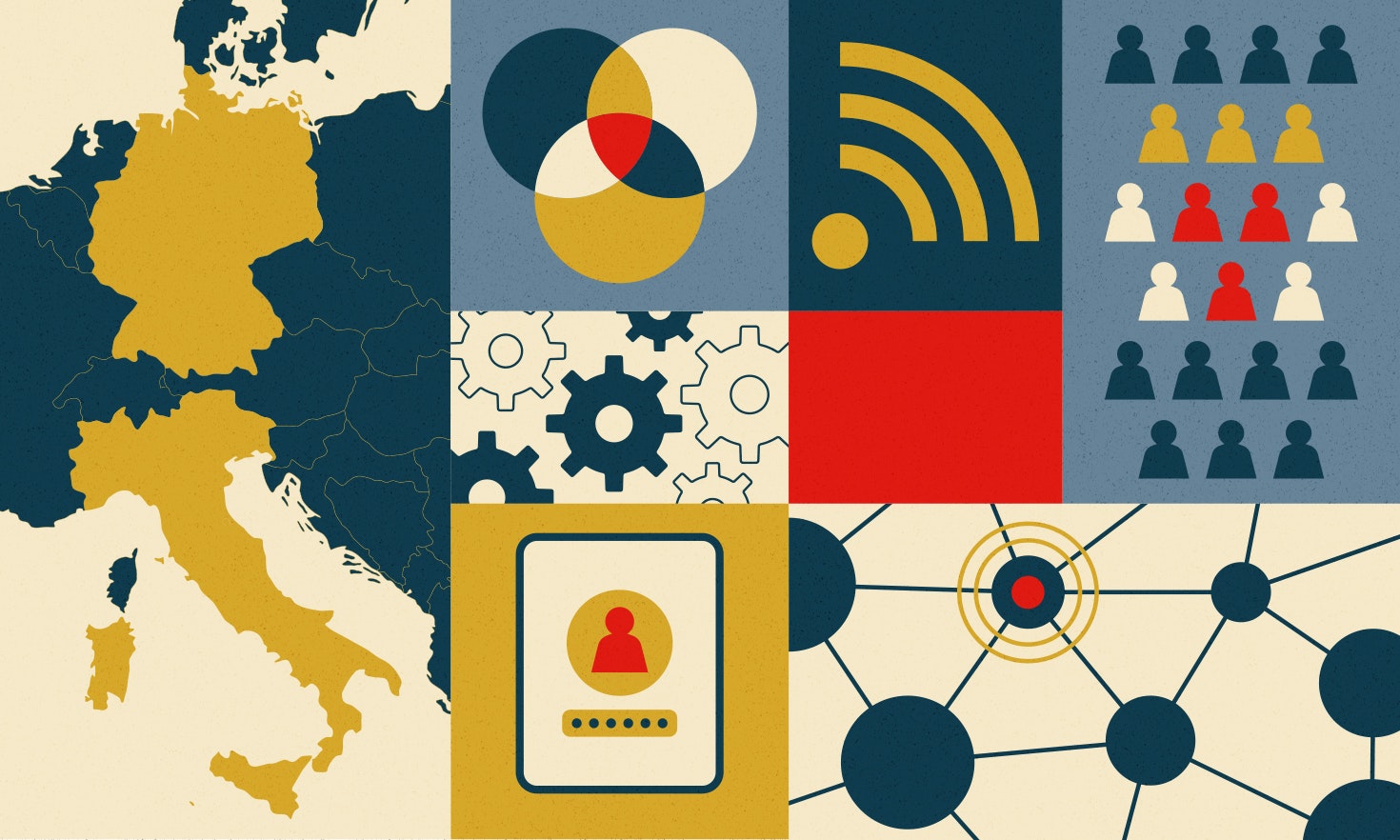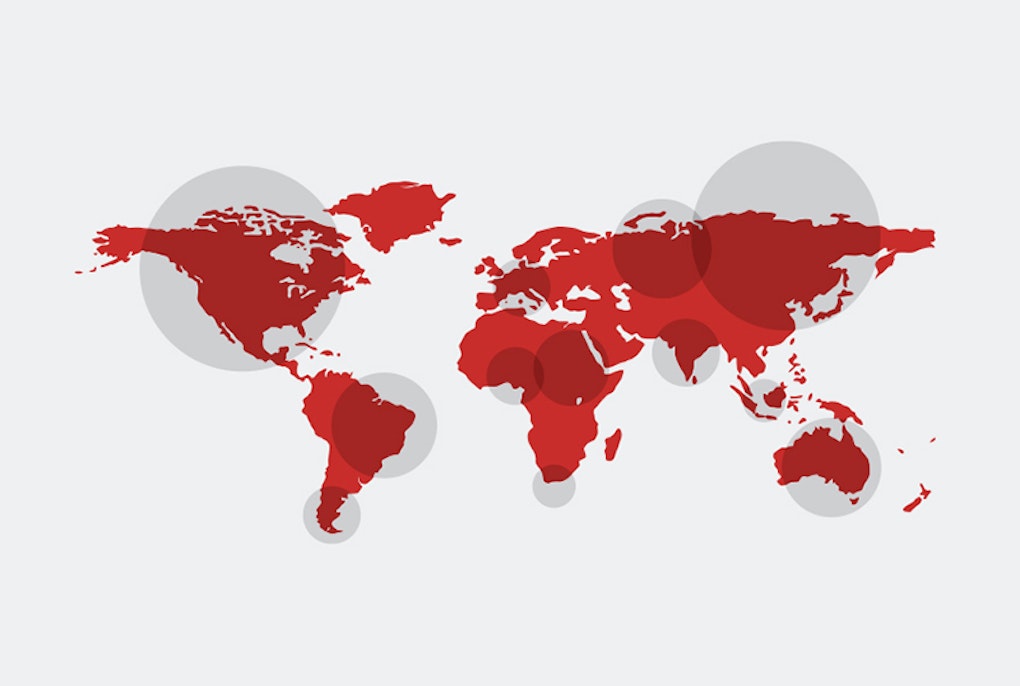
“Kyiv is under siege and so is democracy!“ Ukraine as a new EU member? The return of politics to EU integration
 Jens Woelk
Jens Woelk
Digital health can be a burdensome requirement imposed by the EU, but also a chance for regions to build a healthier society.
The Covid-19 pandemic that produced a devastating impact on global health has had at least one positive consequence: disruptively accentuating the drive towards more advanced levels of technological innovation and digitalization of healthcare systems.
It is what is commonly referred to as digital health or e-health, i.e. the use of information and communication technologies (ICT) to support healthcare. It ranges from diagnostic and therapeutic activities (such as, for example, telemedicine or the use of artificial intelligence for the design of medical devices) to the use of databases for storing and consulting patients’ clinical information.
This concept is based on a homogeneous vision according to which the application of technology to the healthcare field helps individuals access to better healthcare services and, at the same time, speeds up diagnosis and intervention times. In addition, these services also enable better control of healthcare expenditure. In other words, not only the quality of healthcare, but also the efficiency and cost-effectiveness in the provision of public and essential services.
One of the pillars of e-health is undoubtedly the use of Electronic Health Record (HER) as a tool through which citizens can trace and consult the entire history of their healthcare and share it with healthcare professionals to ensure a more effective and efficient service.
The cornerstone of all this is the interoperability of data, i.e. the possibility of records being consulted throughout a national territory and, perhaps, one day, throughout Europe, of course with the patient’s consent. The latter is precisely the ultimate goal of the European Union, which is attempting the creation of an ICT network needed to guarantee cross-border healthcare between its Member States.
This would mean that if I was on holiday or on business in Paris rather than in Madrid and I needed healthcare, the doctor who examines me would be able to access my online file to check what kind of medicines I take regularly, what specialist visits I have undergone in my country of origin or in any other EU countries. It would be also possible to see any admissions to other European hospitals or health centers, and what diagnoses had been made.
This is a great innovation in terms of efficiency in healthcare as it offers individualized care for each patient quickly and in terms of cost-effectiveness by avoiding any unnecessary repetition of clinical examinations already carried out.
The European states’ attitude towards e-health varies widely, with some countries performing very well such as Estonia and Denmark ranking highly, respectively 81.92 and 72.47 on the Digital health index, and others rather poorly – surprisingly, Germany with just 30.02 as well as Poland with 28.52.
In recent years, Italy has been quite active in this regard, ranking quite centrally with an index of 55.8. Nowadays thanks to the adoption of the National Recovery and Resilience Plan (PNRR), the need to decisively accelerate the deployment of the EHR as the cornerstone for the delivery of digital health services and the enhancement of national clinical data has been affirmed. This task is being left to individual regions and autonomous provinces.
But beyond the proclamations, what is happening in reality? How have these regions and autonomous provinces been dealing with this tool, which was first imposed by the EU, and then the State?
If we look at the actual dissemination in Italy, the EHR is operational and accessible to all potentially involved citizens and stakeholders through the institutional websites of all the Italian regions and autonomous provinces.
However, the level of actual implementation and efficacy varies notably. Some regions stand close to 100 per cent while others stand at much lower percentages (with Emilia-Romagna, Lombardy and Piedmont among the best performing regions).
In view of the great heterogeneity of regional realities and choices, the Italian state has recently decided to move towards the centralization of these main choices, to the point of recognizing its ability to intervene in place of inert regional authorities.
Does this choice guarantee respect for the specificities and needs of the territories and is this the only way to proceed rapidly with the effective digitalization of the entire health system?
The issue is particularly complex because it touches on several aspects of citizens’ lives. It concerns the protection of sensitive data, as indeed health data are, as well as the guarantee of full accessibility of the information necessary to ensure the health of the patient. It is therefore necessary to simultaneously guarantee maximum protection for the patient and, on the other hand, data collection methods that allow certainty with regard to medical liability, as well as greater accessibility of anonymous health data to foster the widest scientific knowledge and medical advancement.
These are complex issues both from a political and a legal perspective, and a great effort is required of the regions and provinces to deal with them. This is especially true in light of the constantly evolving technology as well as of the increasingly complex legal framework of reference.
In order to achieve the goal, effective collaboration and dialogue between healthcare companies, regions, the Ministry and other institutions is crucial.
After many delays, a lot of ground has been covered, but much remains to be done in order to solve the problems and implement an organic EHR system at national level. This could be achieved through a single and homogeneous architecture that assists the dialogue and cooperation between territories, people, institutions, and enterprises engaged in the health sector. Having said this, where a region or autonomous province is unable for a variety of reasons to meet this challenge quickly, state intervention becomes essential if it is to keep pace with other European countries. Where, on the other hand, territories have the capacity to go it alone, they should exploit the potential of this instrument and the margins of autonomy still left free from state intervention.

This content is licensed under a Creative Commons Attribution 4.0 International license.

 Jens Woelk
Jens Woelk
 Mariachiara Alberton
Mariachiara Alberton
 Nicole De Palmenaer
Nicole De Palmenaer